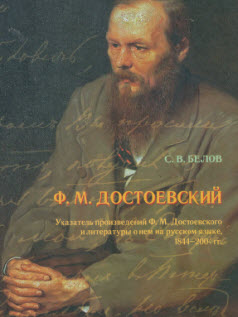Joseph Lenkart

Education: He has a MLS and a MA in REEES from the University of Illinois at Urbana-Champaign and a BA from Hope College.
Joseph Lenkart is the Manager of the Slavic Reference Service at the University of Illinois at Urbana-Champaign. He is also the Reference Specialist on Central Asia.
When did you first develop an interest in Slavic, East European and Eurasian Studies?
My interest in Slavic, East European and Eurasian Studies started during my undergraduate years. I was studying chemistry at Parkland College [community college in Illinois] and later at Hope College [Holland, Michigan]. During my junior year I took a course on the Crusades. During the course of that semester I became completely fascinated with Turkic and Mongolic peoples and cultures. I started taking more courses on Eurasian history (and not organic chemistry). Fortunately for me, Prof. Larry Penrose at Hope College encouraged me to pursue this route. After graduating from college, I joined the U.S Peace Corps. Instead of Mongolia (my first choice), I was sent to Smolenskaia oblast, Russian Federation. I lived in Przheval’skoe (named after Nikolaǐ Mikhaǐlovich Przheval’skiǐ), a small village in Demidovskii raion. My Peace Corps experience really got me interested in Slavic, East European and Eurasian Studies.

How have your interests changed since then?
After studying and working in the field of Slavic, East European and Eurasian Studies for the last thirteen years, my interests now include library and information science. Specifically, providing year-round reference research services for Slavic, East European and Eurasian Studies scholars. As the Interim Manager for the Slavic Reference Service, I am extremely proud to support the research needs of students, faculty, and independent researchers from around the world.
What is your current research project?
I am currently working on collection usage and lending project for less commonly taught languages in North America. A significant section of this project focuses on Slavic, East European, and Eurasian Studies.
What do you value about your ASEEES membership?
As the premier national organization for our field, ASEEES brings together librarians, students, and seasoned researchers alike. I strongly value this community and its support for reference research services.
Besides your professional work, what other interests and/or hobbies do you enjoy?
I enjoy playing music with my band and growing my own food. I also enjoy cooking food from Russia and Central Asia.
